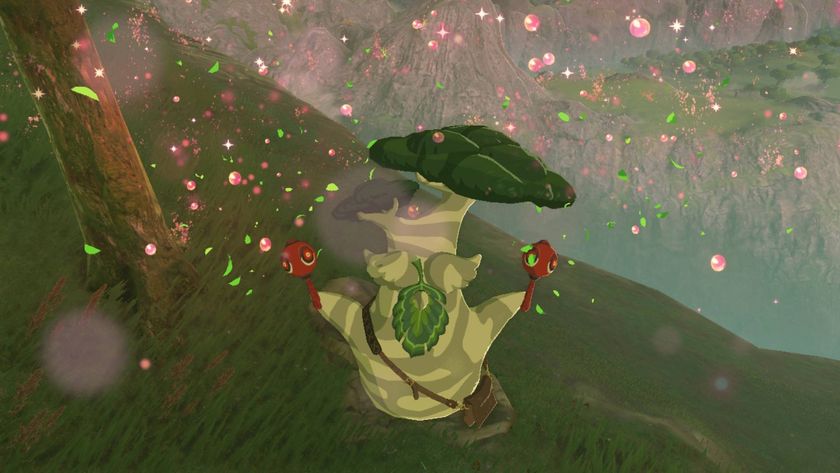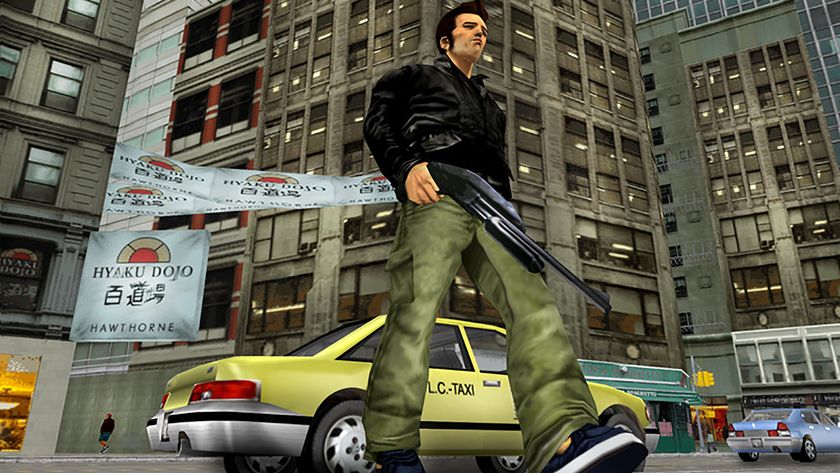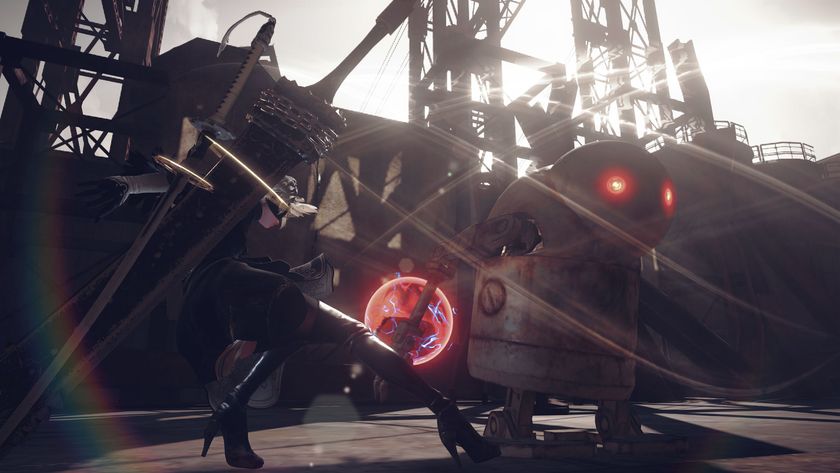Venetica
It's Fable. In Venice. Made by Germans...
Allow us, if you will, a short time to celebrate. As big fans of the point-and-click genre we’re always praying for a good graphic adventure, and while this isn’t quite what we had in mind there’s plenty of reason to rejoice. Deck 13 is an established adventure game developer and their latest project is an RPG with all the charm of their usual work. It’s bright, it’s bold and it’s clean which is just what we’ve been craving. As much as we love Marcus Fenix and his muscle-y friends, there’s only so much grey we can take, so a vibrant fantasy world is a welcome respite.
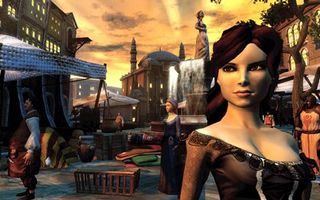
Venetica tells the tale of Scarlett, the secret daughter of Death. It happens that Death isn’t an everlasting skeletal being but a common man elected by council whenever there’s a vacancy, and when Victor, the next in line, begins to study necromancy and other evils (more evil than Death? Really?), he is thrown out and an opening is created. Scarlett, upon inheriting her father’s powers, is the only person who can defeat the now undead Victor. Some extremely hammy voice acting aside, Venetica is a game we’re very excited about. In terms of presentation the game is reminiscent of recent Deck 13 adventureAnkh; an art style we don’t see often. When quizzed about the inspirations for Venetica, the game’s producer was quick to drop names such as Fable, Twilight Princess, Baldur’s Gate and, er… TV hit Alias. The first sums it up best. Judging by the features we saw this is just like Fable. That’s Fable, not Fable 2, mind.
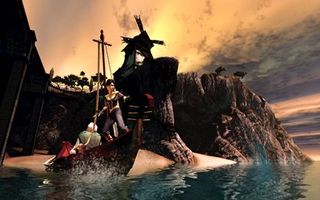
Chin up, though - a new, better take on Fable is no bad thing. Venetica follows a fairly linear storyline, but there’s plenty of opportunity to alter Scarlett’s progression thanks to branching missions and skill trees which allow you to choose how she develops. Conversations can be directed down whatever route you wish thanks to a comprehensive list of options, and many of the tasks depend on what you say.A revolving day/night cycle is employed to further mix things up. At one point Scarlett is asked to find a certain type of weed. After some digging around it becomes apparent that this particular plant grows only in the moonlight, and so she must search the rooftops at night to find it.
These rooftops are interesting locations in Venetica; the ladders and makeshift bridges give the heavens a surprisingly labyrinthine quality. Winged demons are always on the prowl, but stumble onto the wrong roof and you could find more than you bargained for. As we watched our guide chase a double-crossing merchant through a pub and onto its roof we lost sight of him for a few seconds. When we eventually caught up he was lying face down, dead, in the starlight. With nothing in sight we began to make our way back to the streets, until the stone lion next to us sprang to life and attacked. Don’t you hate it when that happens...?
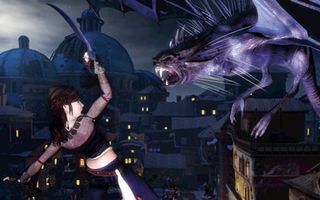
It was the perfect opportunity to understand how the combat system works. Like Fable 2, button-mashing will be fine but there’s an underlying complexity for those wanting a little more. Rhythmically tapping the attack button unleashes combo moves, whereas nonsensical hammering will, eventually, lead to her being blocked and countered unless she retreats and rethinks. Weapon choice is key, as well. Attacking the stone lion with a sword proved to be a fruitless task as the steel blade simply bounced off, but a giant hammer made short work of the beast as its face was smashed apart piece by piece. The estimated thirty hours of play isn’t to be sniffed at, for an RPG-lite. Venetica’s looking extremely promising then, but the danger is that by the time it’s ready for release, Fable 2 will have set an unassailable benchmark. For now, Venetica remains an unsual, promising blip on the radar – one we’re happy to see shining brightly.
Jul 21, 2008
Sign up to the 12DOVE Newsletter
Weekly digests, tales from the communities you love, and more
